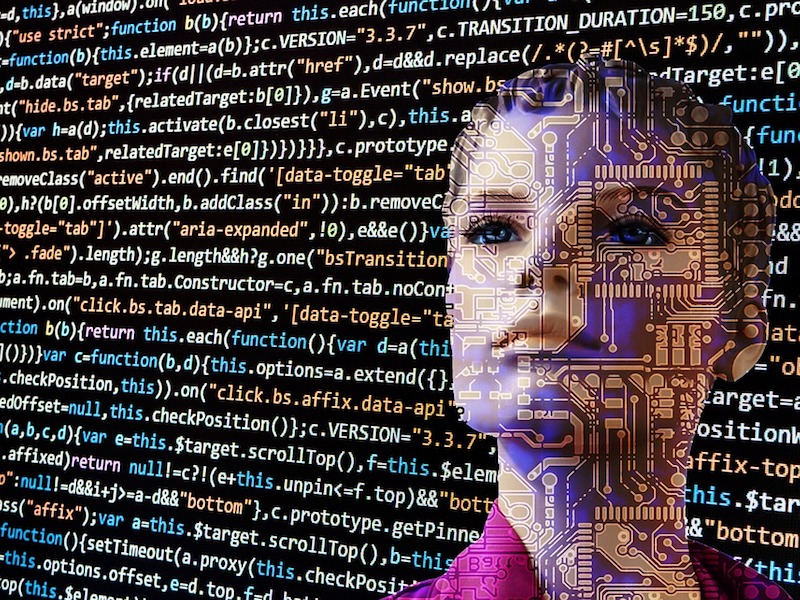Despite the recent dramatic boost of inference methods, artificial intelligent systems still crucially rely on the exploitation of prior knowledge and the problem of how those systems could handle unanticipated knowledge remains a great challenge. In addition, despite their surprising effectiveness, artificial intelligent systems still fail in grasping semantic structures, i.e., meaning. As a consequence, in automatic reasoning, question-answering machines are still lagging behind human beings. Semantic of an upcoming event is strictly related to the ability of an artificial reasoning systems to properly link information previously stored and to organically include the new in the same knowledge network. This implies the ability of the neural system to hierarchically reorganize the strength of the conceptual links as an emergent characteristic of the online training. This aspect exceeds the abilities of the present neural systems whose topology is statically preserved over time, and where the dependence on the temporal flowing information is delegated only to the local recurrent connections. Finally, also with the present available architectures (feed-forward and recurrent networks, topological maps, etc.) it is difficult to go much further a black-box approach and the understanding of the extraordinary effectiveness of these tools is far from being elucidated. CSL Paris is pushing state-of-the-art knowledge in this area by conceiving and implementing novel architectures and processes to successfully address the challenges mentioned above. Specific application are considered in very different domains, e.g., information, health, robotics, cyber-security, finance and economy, mobility and smart environments, linguistic applications and communication, music, performing arts, etc.



